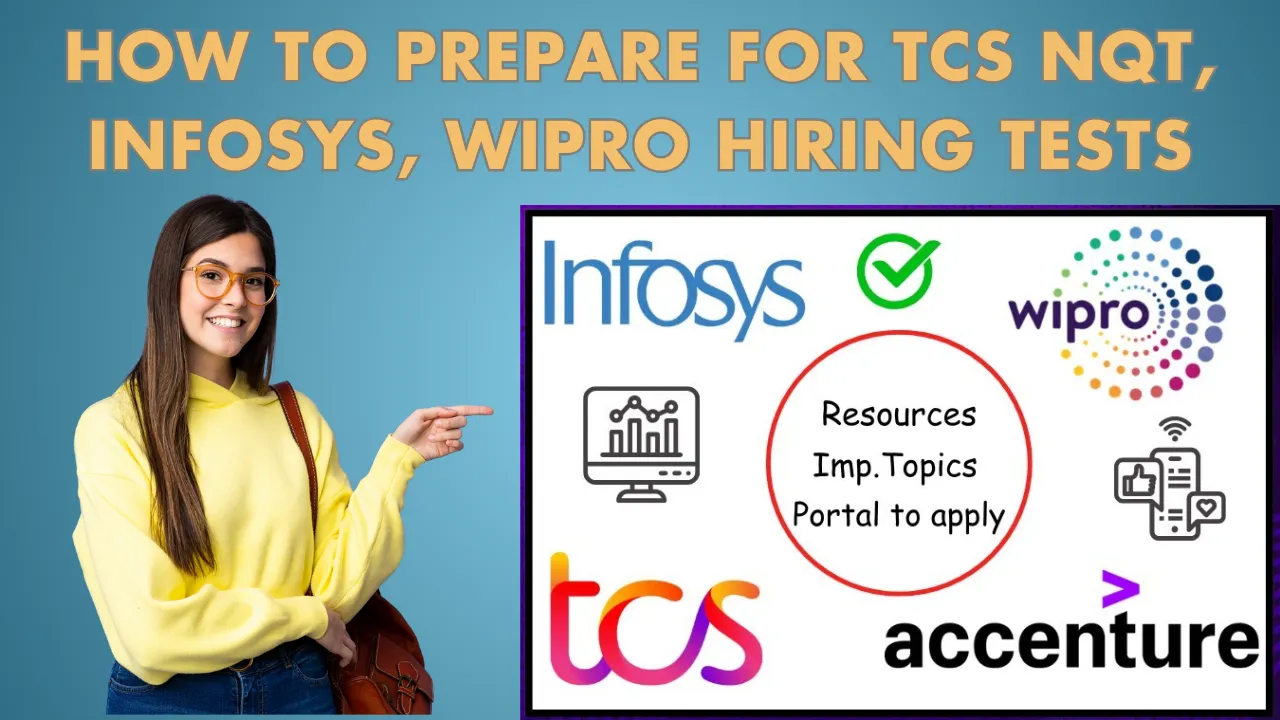How to crack online coding assessments in tech recruitments is a question many aspiring developers and engineers ask during job search preparation. These assessments have become a crucial part of the hiring process in today’s competitive tech industry. Top companies use them to filter candidates before interviews.
This article will guide you on everything you need to succeed in online coding assessments. From preparation strategies and practice platforms to time management tips and common mistakes to avoid, we’ll cover it all. Whether you’re a fresher or someone switching careers, this guide offers practical steps to help you pass coding tests and secure job interviews.
Understand the Assessment Format
The first step in how to crack online coding assessments in tech recruitments is to understand the type of questions you will face. Most assessments include coding problems, multiple-choice questions on data structures and algorithms, and sometimes system design or debugging challenges.
Each company may use different platforms like HackerRank, Codility, or CodeSignal. Get familiar with the platform used by the recruiter and check the question formats, languages allowed, and time limits.
Master the Basics First
Before diving into complex problems, make sure your basics are strong. Learn and practice the core concepts of programming such as:
- Arrays and Strings
- Loops and Recursion
- Hash Maps and Sets
- Stacks and Queues
- Linked Lists
- Sorting and Searching algorithms
Being confident in these basics will help you approach any question logically and avoid getting stuck.
Practice Data Structures and Algorithms
A major part of online coding tests revolves around DSA (Data Structures and Algorithms). Practicing regularly is the key to success. Start with easy problems and move on to medium and hard ones. Don’t just solve the problem—understand the logic, time complexity, and edge cases.
Recommended topics:
- Trees and Graphs
- Dynamic Programming
- Greedy Algorithms
- Backtracking
- Sliding Window
- Two-pointer approach
Sites like LeetCode, GeeksforGeeks, and Codeforces are great for this purpose.
Use the Right Programming Language
Choose a programming language that you’re most comfortable with. Popular choices include Python, Java, and C++. Your chosen language should offer support for writing efficient code and be accepted by the test platform.
Python is great for quick implementation and readability. C++ is known for speed, and Java strikes a good balance. Stick to one and become fluent with its syntax and libraries.
Improve Your Problem-Solving Speed
Online assessments are time-bound. So while solving problems correctly is important, doing so within the time limit is even more critical. Use a timer while practicing to build speed. Learn to skip difficult problems and come back to them if time allows.
Also, avoid getting stuck. If you can’t solve a problem within 5-10 minutes, move on and revisit it later if possible.
Two Key Strategies for Success
1. Practice mock tests:
Taking mock assessments helps you simulate the real test environment. Many platforms offer free or paid mock tests. This helps reduce nervousness and improves your time management.
2. Read editorial solutions:
After solving or failing a problem, read its editorial or top-rated solutions. Learn different approaches and compare them with your solution. This widens your understanding and helps you write more optimized code.
Avoid These Common Mistakes
- Not reading the question carefully
- Ignoring edge cases or test inputs
- Writing unoptimized brute-force solutions
- Forgetting to check time and space complexity
- Running out of time due to poor planning
These errors can cause you to fail even if you know how to code. So be calm, read the question well, and test your solution before submitting.
Tips for the Day Before the Test
- Do not try to learn new topics. Focus on revision.
- Sleep well to keep your mind fresh.
- Check your system, internet, and test environment.
- Keep basic tools like a notebook, pen, and water bottle nearby.
- Have your login and test links ready on time.
FAQs
1. How many problems are usually in an online coding assessment?
Most tests have 2 to 5 coding questions, depending on the company and time allowed.
2. Can I use online resources during the test?
Usually no. Many tests are monitored. It’s best to rely on your own preparation.
3. What is the passing score for coding assessments?
There is no fixed score. It depends on how well other candidates perform. Try to solve all problems correctly.
4. Should I code in C++ or Python?
Use the language you’re most comfortable and fast with. All major languages are accepted.
5. How long should I prepare for coding assessments?
1 to 3 months of consistent practice is enough for most candidates, depending on your current level.
Final Thought
If you want to succeed and learn how to crack online coding assessments in tech recruitments, start preparing smartly today. Practice regularly, stay consistent, and don’t fear failures—they’re part of the learning process. With the right strategy, you can not only clear coding rounds but also impress recruiters.
Was this guide helpful? Comment below or share it with your friends who are also preparing. Also, explore our latest tech tips and career tools to stay updated!







